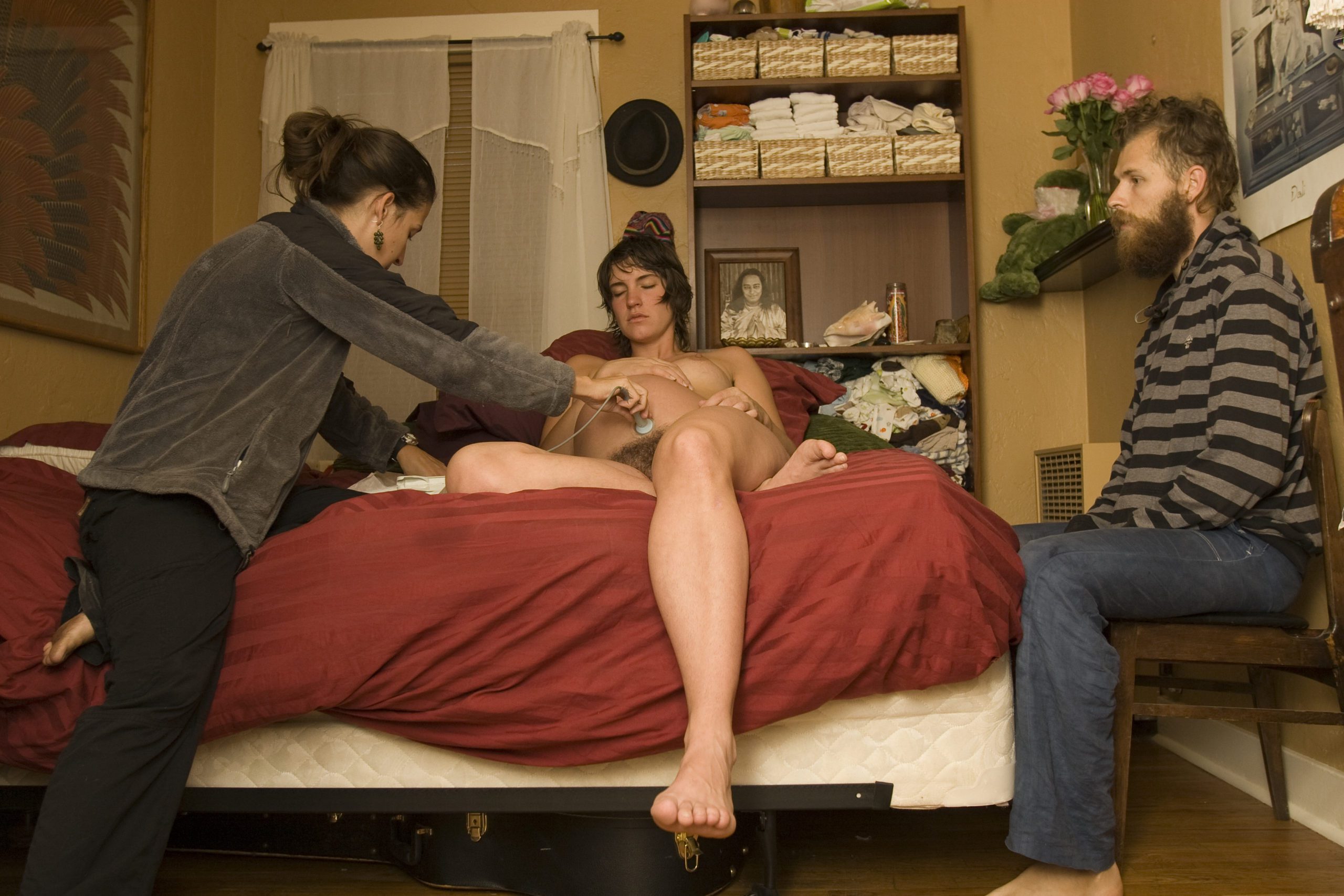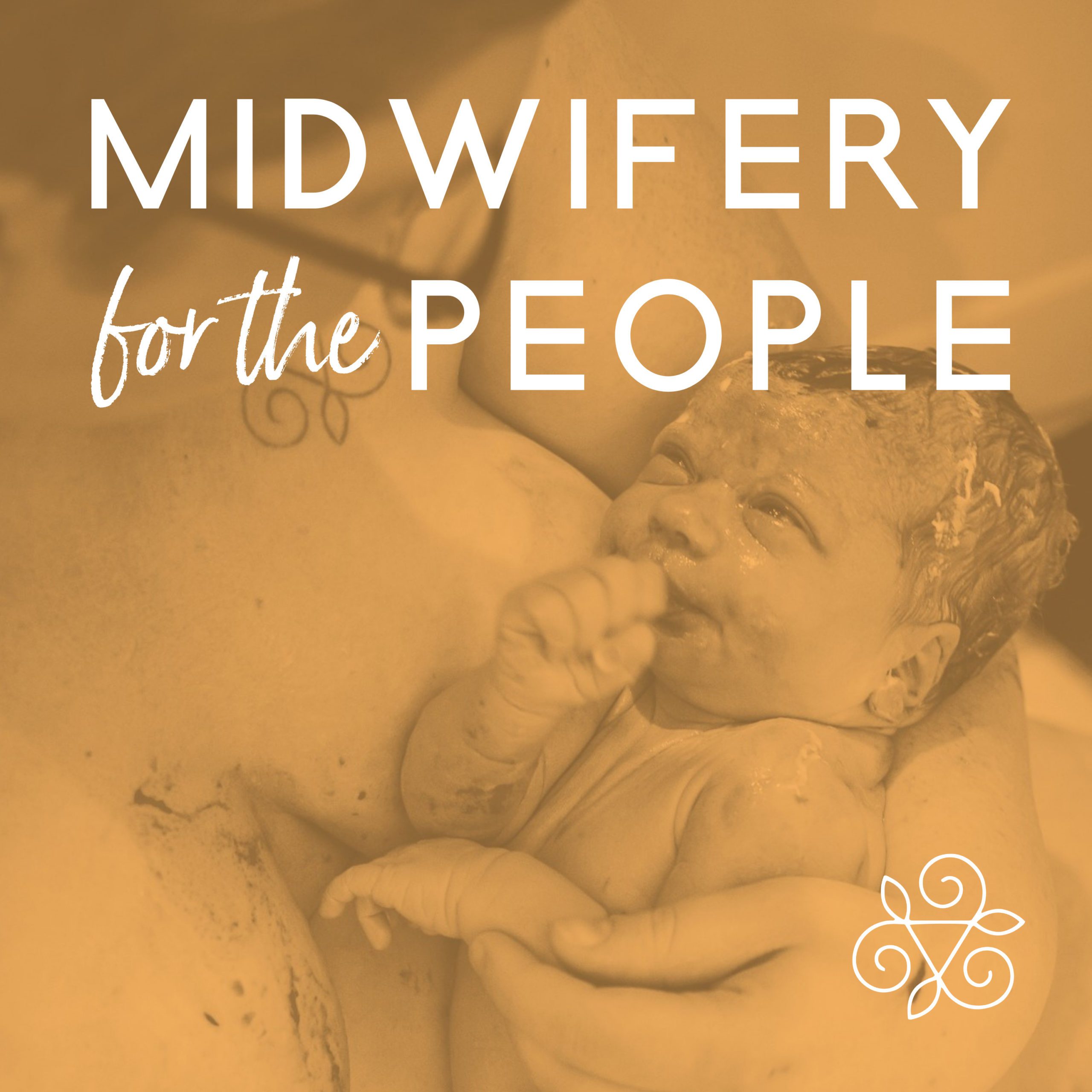What does a midwife do? What is the role of a midwife within the vision I hold of healthy, vibrant, empowered communities? I’ve been trying to answer this question succinctly and clearly in my brain for a few weeks now. This post is as clear and succinct as I’ve gotten so far.
My thoughts about birth, though “radical” to begin with, have come a long way in the last few years. I can’t explain it other than to say that ideas that rang true to me intellectually or abstractly now ring true in my bones. I’ve seen these ideas play out in real life, and I’ve felt them for myself and for others. We have to take ultimate responsibility for our own health and wellbeing if we want healthy, just and sustainable communities. If that is what we want, we can no longer participate in hierarchal, power and control based systems that alienate us from our own selves, our bodies and our babies. While there are supportive people, helpful people, loving people, and consultants, there are no people that can do the work for us, or save us from our experience. No one is more of an expert about your body than YOU ARE. Science and medicine are still in their infancy, and are dwarfed by the inherent safety (not 100% of course) and wisdom of natural processes developed over many thousands of years. There are things done in medicine that harm more than heal, and there are areas where there is limited or no knowledge whatsoever. That is not a condemnation of the field, just a reminder that it needs to be put back in perspective – that medicine should only be used as a tool, to be used for serving people, not the other way around.
The place for science and medicine in birth should only be for those true emergencies that come up even when birth is undisturbed, and that require tools which cannot be safely used at home (a whole ‘nother huge topic). The place for “others” or “professionals” in the birth process is trickier – there are very few things that only others can do for us out of simple physics (like doing abdominal surgery, or unlodging a real shoulder dystocia), and there is a very big difference between those things being done out of necessity, when the process was given every reasonable chance to succeed first, and those things being done after an unwitting care provider created the problems, or misdiagnosed the “problems” because they simply don’t understand the physiology of birth and many variations of normal and believe that medically managed birth is safer. When interventions are suggested to you, it really comes down to trusting that your midwife or doctor’s beliefs are in line with your own (if you hired one to begin with). Thankfully, those things which require outside “help” are incredibly rare due to the fact that birth was not designed (by God or through evolution, whichever you believe) to be a group activity, and certainly not one in need of a professional. We certainly are not designed to travel to a special birth institution, be it a birth center or hospital – these notions are a part of the larger institutionalization of our world, focused on efficiency and standardized care – I don’t know about you, but that isn’t the world I want to live in.
Only when we can agree on these more basic ideas can we move forward and have the discussion about what the role of a midwife is or should be. When we believe that people are the experts of their own body, that birth is designed to work optimally almost every time, and that science and technology should be at the service of individuals when it is indicated, what is a midwife’s role?
This is my answer (and I am open and interested in hearing other’s answers):
A midwife is there as a trusted guide, an educator (to the extent needed or wanted), a sounding board, an experienced friend, a counselor, and a coordinator/planner. During pregnancy, a midwife’s job is to listen intently, hear where you are at, offer information about those things which interest you, help you problem-solve issues, call to your attention the appropriate possibilities that exist in each mode of healing (lab tests, observations about your body and baby, ways you could be nurturing yourself, referrals to others, etc) and help you find the tools you want and need in your unique situation. That might mean that they tell you about a lab test that would be offered in the medical model, discuss the pros and cons, offer resources, listen to your concerns, make suggestions, and help you find where you could have the lab test performed if that is something you want. Another example would be that they listen to the continuous changing emotional journey you are experiencing as you go through your pregnancy – she may offer kind words, ideas, reassurance, or simply acknowledgment depending on what you need. That is really the crux of the matter – the midwife responds to what you need on all different levels, not just the physical. You figure things out together. You are not a box to be checked, or a form to be filed. You are a living, breathing person who is smart enough to make your own choices, and ask for what you need, and a midwife should treat you as such.
The same goes in the context of birth. Believing these things does not mean the midwife only ever sits in the corner and watches (though sometimes it might look that way). It means that, again, a midwife responds to the needs of the parents and discusses at length ahead of time the different ways that labor and birth can be monitored and potentially changed through intervention. The parents can then decide what is right for them, and can of course change their mind in the moment. The midwife (unless otherwise specified) can also always bring up concerns with the parents if she has them and share ideas for making the birth go in the direction the parents want. In fact, many (if not most) midwives typically err on the side of the conservative, often giving simple, low-tech suggestions early on, or eventually suggesting going in to the hospital for help long before anyone at the hospital would even notice or bat an eye over the situation. Midwives are experts in normal birth, and notice early on when birth may be going outside the variations of normal – her job is to communicate this information clearly, and then turn over the options and decision making to the parents. The midwife is not above the parents, she is simply part of the team. Her ultimate goal is to do no more and no less than exactly what is needed for any particular mama-baby unit, and as directed by them as well. If hospital care was needed, the midwife would be welcomed by the hospital, and recognized as a legitimate and intelligent part of the birth team that could continue to support and consult with the mother through the end of her birth experience. In fact, in my vision, hospital workers would be a part of this shift as well, and would treat mothers with the same respect and autonomy that I’ve already outlined – we would no longer need advocates to battle for our choices during the labor and birth process if we chose to give birth in the hospital (but that is for another post now isn’t it?).
So what do you think the role of the midwife is? Is there anything missing from my description? Does this really sound as crazy as some people seem to think when it is described in this way?
PS For me, this also means that a midwife has as much education and experience as a mother wants or needs her to, or else the midwife graciously refers them to someone else – in other words, licensing is useless when women are at the center of their experience, which includes determining if her chosen midwife has the qualifications she desires.





After attending 1,300 births, half of them home births, and 35 years midwifery practice, I am no longer allowed to share my midwifery knowledge, my hands are tied, my lips are sealed, due to the legislation of midwifery in Ontario. I had more freedom to practice “true midwifery” before the College of Midwives took control of my “heart’s calling”.
Spot on, Margo!